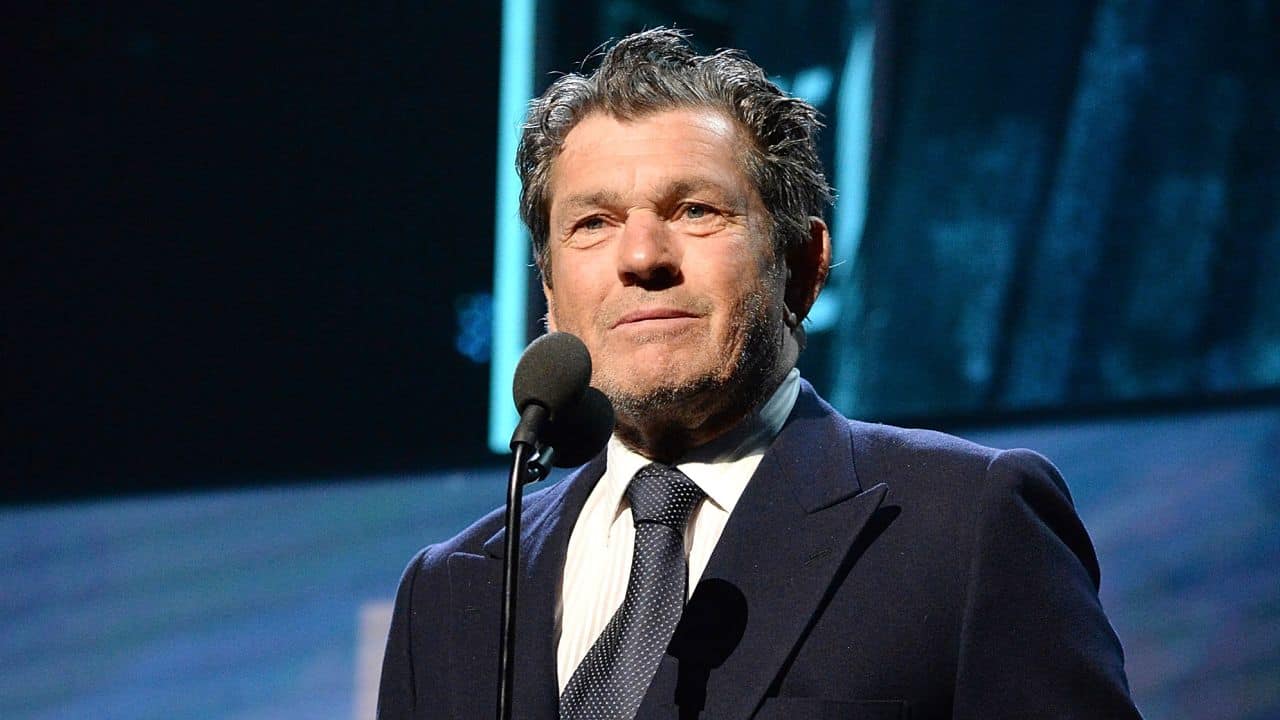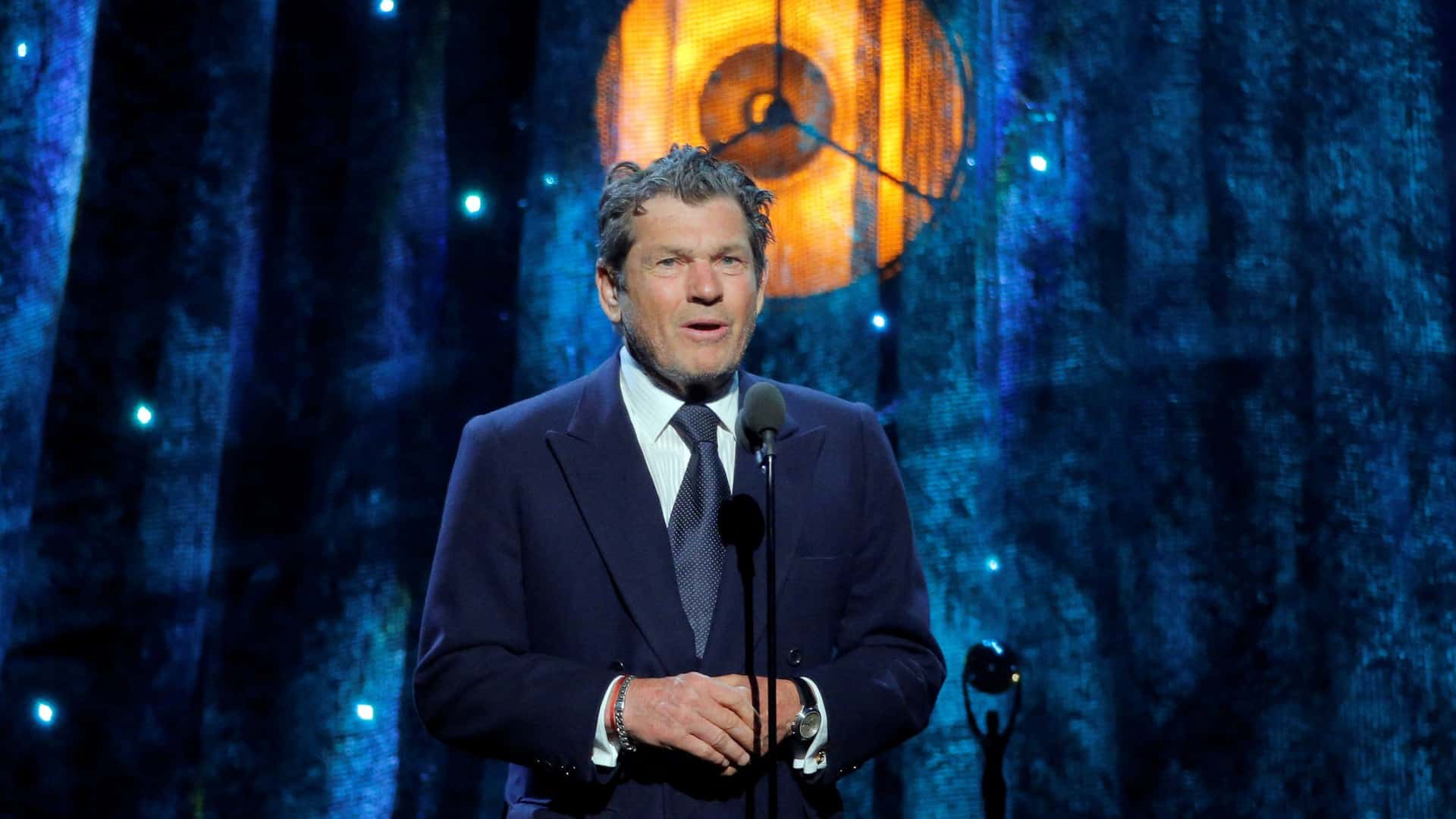The Rolling Stone Controversy has caught fire recently, and it is because of one of the co-founders and a renowned personality who made certain unacceptable remarks that did not fit well with people. Yes, it is none other than Rock and Roll Hall of Fame Jann Wenner. In his recent interviews, he made a statement that is believed to discredit the role of Black and female artists.
The feud did not stop here as the interview aired to draw two groups: in support and against the cofounder of Rolling Stone Magazine. His actions had severe consequences that cost him his cofounder position, and he had to immediately issue a clarification of his remarks.
“The damage is done,” remarked several people, and we are left in despair with the gender roles, racism, and disparities rooted in the music industry, with several stories and reports being put forward after these remarks. What did Jann Wenner say to stir such a controversy? Let’s find out!
Rolling Stone CoFounder Jann Wenner Thinks Women and Black Artists Are Not That Articulate
Recently, Jann Wenner has been on a busy end due to promotions of his upcoming book, The Masters. For the same, he had an interview scheduled with The New York Times, and the interviewer, David Marchese, had a spree of questions about the book, which involves interviews with seven Masters of Rock music according to Jann Wenner.
The names of the legends are Pete Townshend, Jagger, Bono, Jerry Garcia, Bruce Springsteen, John Lennon, and Bob Dylan. Not to take the credit away from their contributions, the host was curious to get an opinion on the pattern of choice observed: no black artist or female made the list.
When Marchese put forward a question regarding the same, Jann Wenner remarked that none of the female artists was articulate enough on an intellectual level. Regarding the Black artists, he had some late artists in mind, naming Marvin Gaye and Curtis Mayfield, but in the end, the intellectuality criteria had the upper hand as Wenner stuck to an all-white artists list.

He also thinks that for the sake of people, he should have found one black artist and a female artist, but they didn’t measure up to the same historical level. As soon as the interview was out, the comments did not fit in well with people because both Black artists and females have had a deep impact on shaping and building rock music.
People have an endless list of artists and examples to quote to prove Wenner wrong and, more importantly, to make him realize the impact of his words. It did not go in vain as Jann Wenner had to apologize for his words and also acknowledge the impact of all artists, inclusive of gender and race, on the rock music industry.
Also Read: Jaleel White Sparks Controversy: The Past Allegations Discussed
Consequences of Jann Wenner’s Words
The first notable shock that jolted his world was his removal from the board of directors of Rock and Roll. The Hall of Famer had to not only accept the loss but also issue an apology through his publisher, taking accountability for his words. He also mentioned that the book does not reflect or limit his admiration and appreciation for artists.
He clarified that the book does not speak for the whole industry and artists but rather the ones he interviewed and had to highlight his peak career. His words diminished the achievements of other artists, and he was quick to recognize the impact of badly chosen words. Nonetheless, his words earned him the image of gatekeeping white music, a racist person with a gender bias mentality.
While some people believe he was talking about his personal preference of artists to choose for the book he is writing, others focus on the unfair music industry and the discredited work of female and black artists, which Wenner proclaimed.
People have come up with the low royalty percentage offered to Black artists, the gender bias in the industry, and white artists making it easy to Billboard while the rest are sidelined.
No matter what Wenner’s intentions were, his choice of words has been an eye-opener for the discrimination, which is still rooted deeply in the industry, and a lot of work is left to be done. There’s a long way to go before equality is attained, and the focus should be to work on the disparities and raise the voice!





